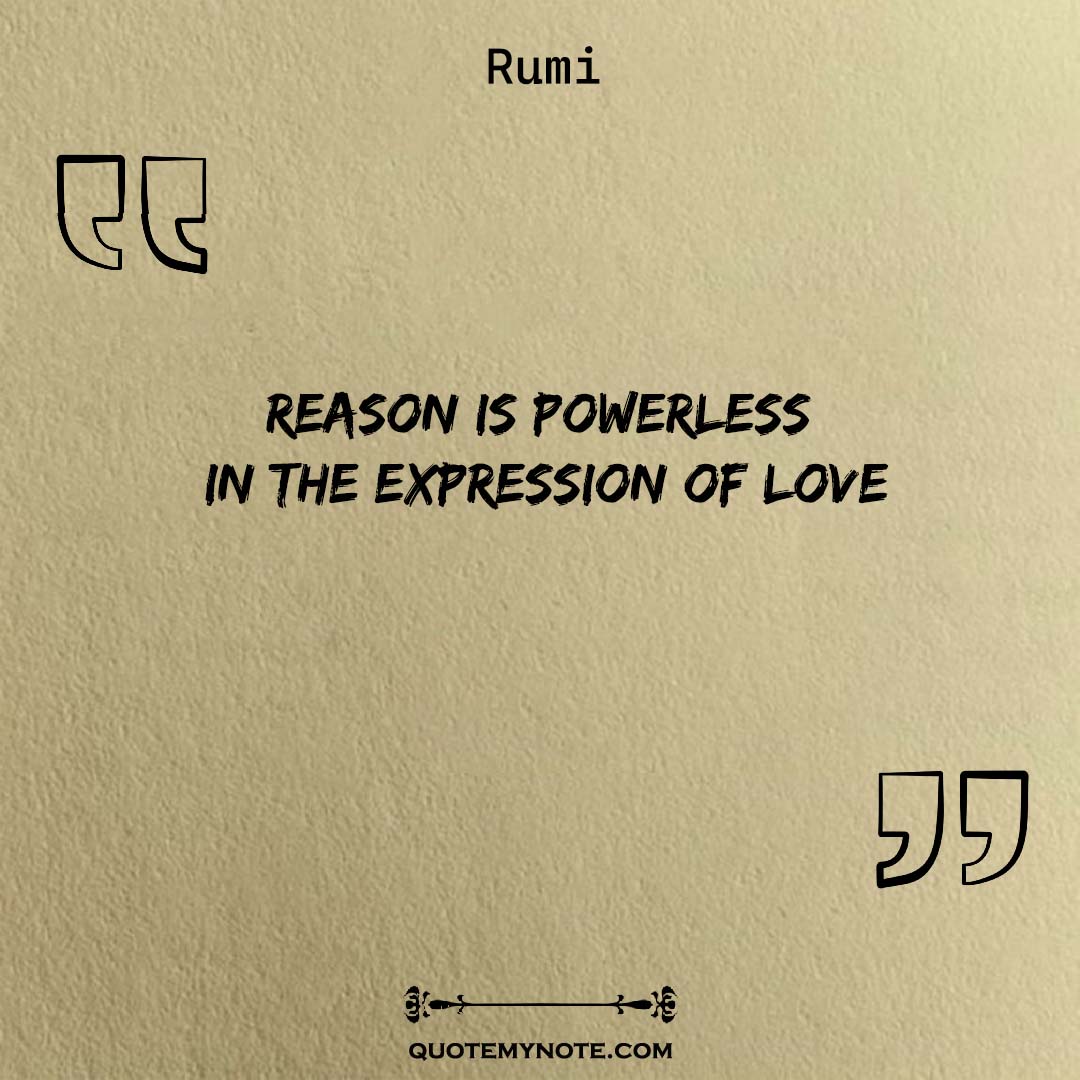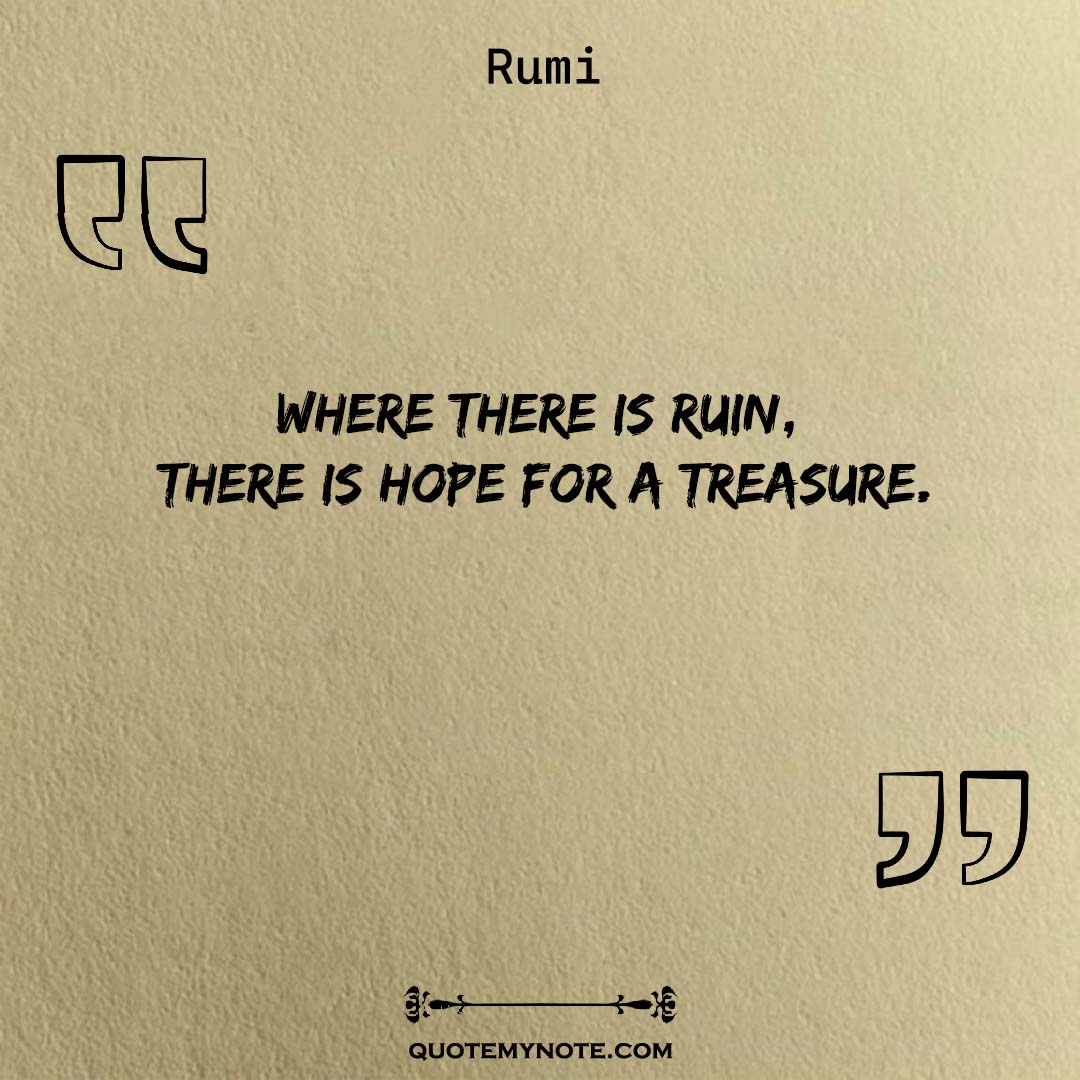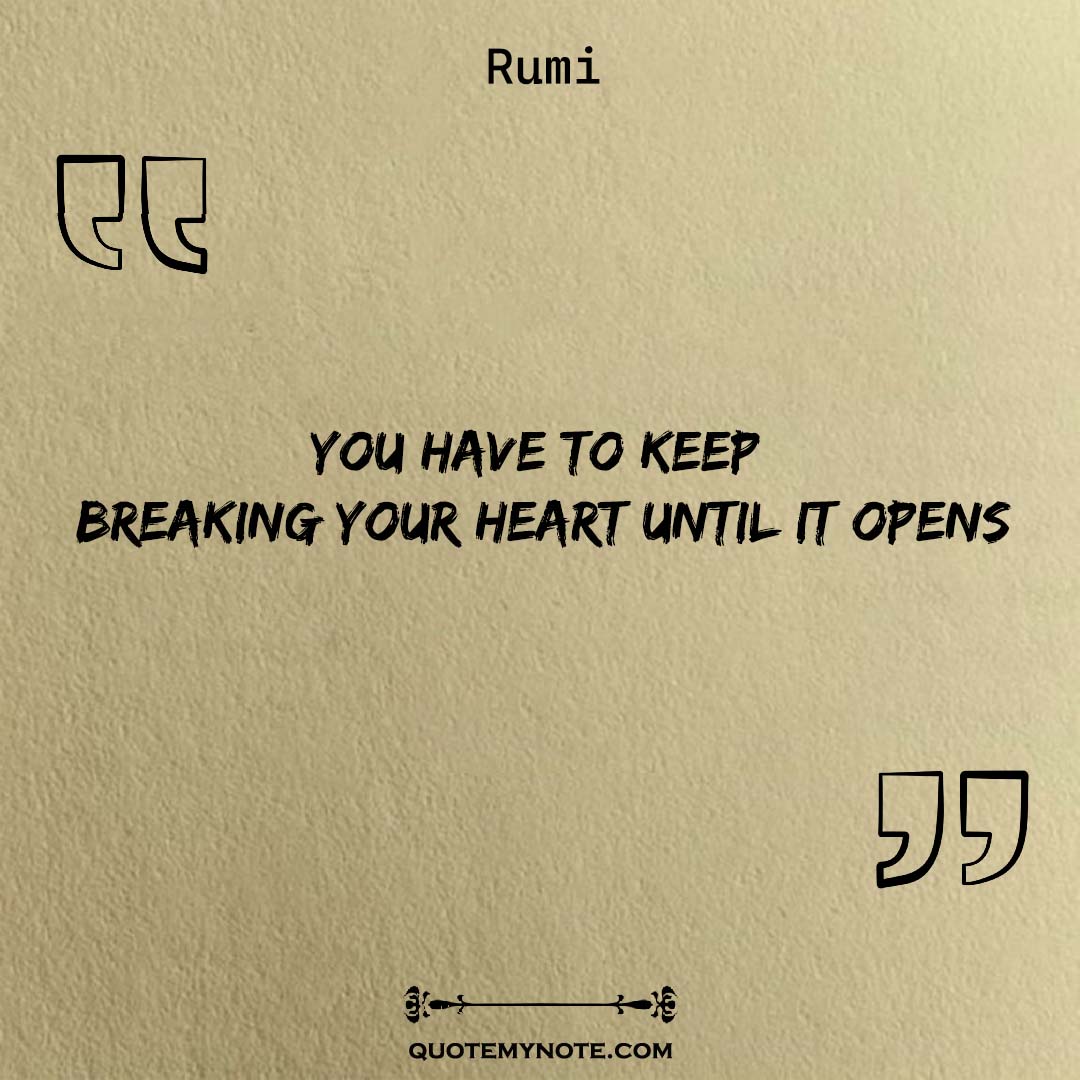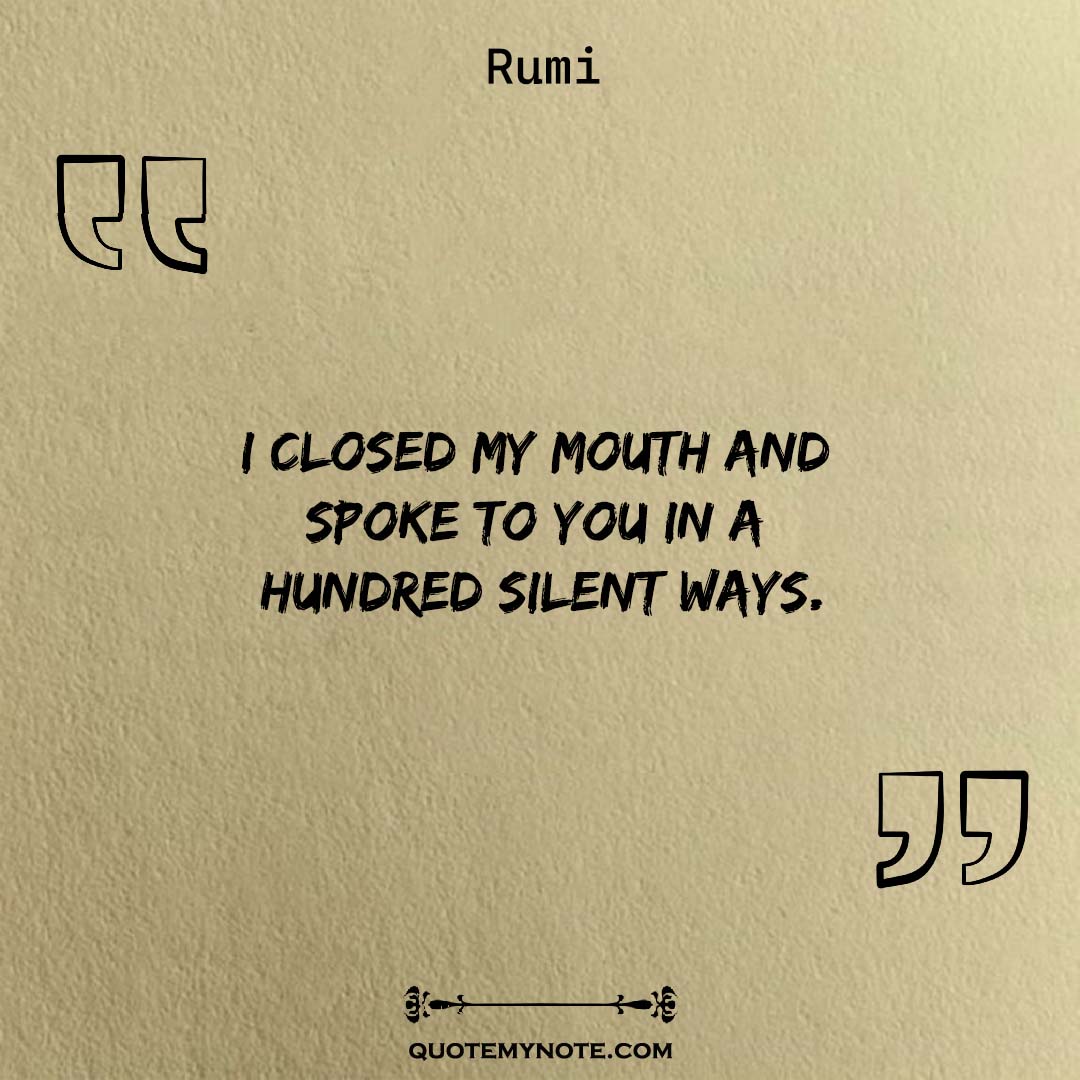Rumi Quotes for Inspiration and Motivation

Rumi: The 13th-Century Persian Poet and Mystic
Jalāl ad-Dīn Muhammad Rūmī, commonly known as Rumi, was a renowned Persian poet, jurist, Islamic theologian, and Sufi mystic. Born on September 30, 1207, in Balkh, Afghanistan, Rumi's life and works have had a profound impact on literature, spirituality, and philosophy.
Early Life and Education
Rumi's father, Baha' ad-Din Walad, was a theologian and a mystic. The family traveled extensively throughout the Middle East, eventually settling in Konya, Turkey. Rumi's early education included studying the Quran, Hadith, and Islamic jurisprudence.
Spiritual Awakening and Literary Career
Rumi's spiritual awakening occurred when he met Shams-i-Tabrīzī, a dervish who became his spiritual mentor. After Shams' death, Rumi began to compose poetry as a way to express his grief and spiritual longing. His most famous works include:
- Divan-e Shams-e Tabrīzī (The Works of Shams-i-Tabrīzī): A collection of poems that explore themes of love, spirituality, and self-discovery.
- Masnavi-e Ma'navi (The Spiritual Couplets): A six-volume poem that uses stories, anecdotes, and metaphors to convey spiritual teachings.
Teachings and Legacy
Rumi's teachings emphasize the importance of:
- Love and compassion: Rumi believed that love is the fundamental energy that drives human existence.
- Spiritual growth: He advocated for self-reflection, introspection, and the pursuit of spiritual knowledge.
- Tolerance and acceptance: Rumi's teachings promote acceptance of diversity and the unity of all existence.
Beautiful and Inspirational Quotes by Rumi



Your task is not to seek for love, but merely to seek and find all the barriers within yourself that you have built against it.
Rumi

Stop acting so small. You are the universe in ecstatic motion.
Rumi



Yesterday I was clever, so I wanted to change the world. Today I am wise, so I am changing myself.
Rumi
Conclusion
Rumi's legacy extends far beyond his poetry. He has inspired countless artists, writers, and spiritual seekers across cultures and centuries. His message of love, compassion, and spiritual growth continues to resonate with people from diverse backgrounds.